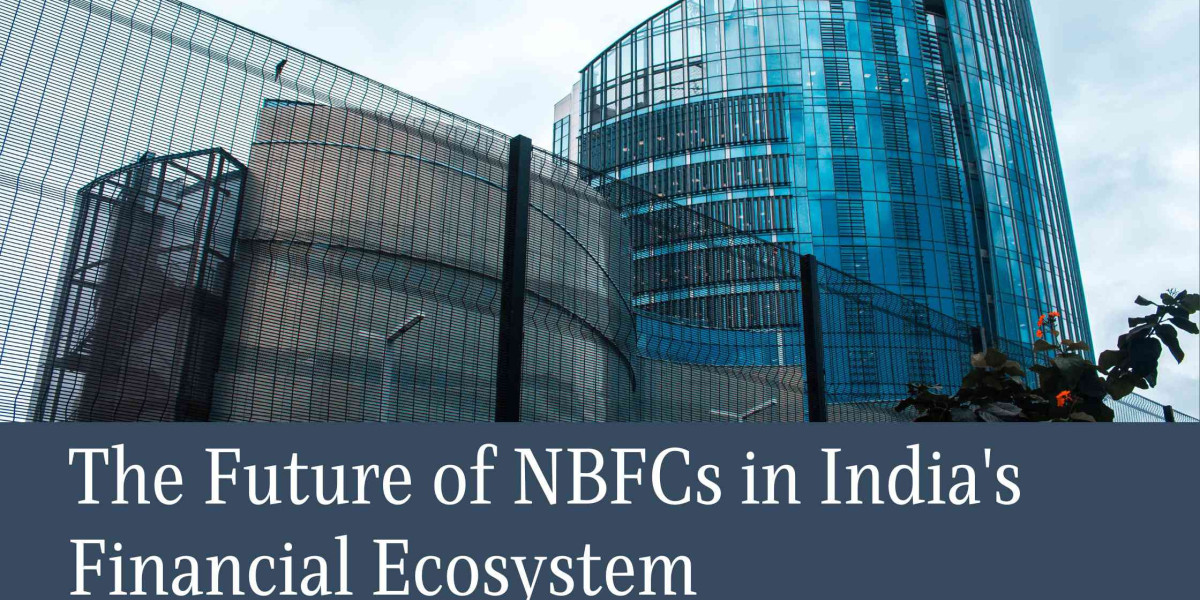Sports booking apps are transforming how users connect with sports venues and events. Platforms like OpenSports simplify the process of finding, booking, and managing sports activities. In this article, we will discuss the essential features and cost considerations for developing a sports booking app similar to OpenSports.
Essential Features of a Sports Booking App
User Registration and Login
Allow users to create accounts easily. Offer options for email registration or social media logins. This step helps in building a user base while making access convenient.
Venue and Event Listings
Provide detailed venue and event listings for users to explore. Each listing should include descriptions, images, available time slots, and pricing. This feature makes it simple for users to find what they’re looking for.
Real-Time Booking System
A real-time booking system is crucial. Users should be able to book a venue or join a sports event in just a few clicks. The system should reflect accurate availability to avoid double-booking.
Search and Filter Options
To enhance user experience, integrate search and filter functionalities. This allows users to narrow down results by location, price, or type of sport. A seamless search feature can increase user retention.
Notifications and Reminders
Push notifications and reminders help users stay updated. Whether it’s about an upcoming booking or a change in schedule, these notifications keep users engaged and informed.
Payment Gateway Integration
Secure payment integration is a must for any sports booking app. Multiple payment options like credit cards, digital wallets, and online banking ensure convenience for users.
Reviews and Ratings
User reviews and ratings add credibility to your platform. Let users leave feedback on venues, events, and their overall experience. Positive ratings can drive more traffic to the app.
User Profiles and History
A detailed user profile system helps personalize the experience. Allow users to view their booking history, saved venues, and favorite events. This creates a more engaging experience.
In-App Chat
Incorporating a chat feature allows users to communicate with venue owners or event organizers directly. It makes the booking process smoother and resolves user queries in real-time.
Admin Dashboard
An admin dashboard is necessary to manage listings, bookings, and payments. It should provide insightful analytics to help venue owners or organizers improve their services.
Cost of Developing a Sports Booking App
App Design
The app’s UI/UX design plays a vital role in attracting users. Costs will depend on the complexity of the design and customization requirements. On average, design costs range from $5,000 to $15,000.
Development Team
A skilled development team includes front-end and back-end developers, UI/UX designers, and QA testers. The overall cost can vary, but expect to pay between $20,000 and $60,000 for a quality app.
Platform
Whether you choose to develop your app for iOS, Android, or both, will impact costs. A single platform app may cost between $25,000 and $40,000, while a cross-platform app could go up to $80,000.
Third-Party Integrations
Payment gateways, social media logins, and map APIs are third-party integrations necessary for a booking app. These can add an additional $5,000 to $15,000 to the overall cost.
Maintenance and Updates
Ongoing maintenance and updates are crucial to keep the app running smoothly. Allocate 15-20% of your initial development cost annually for this.
Conclusion
Developing a sports booking app like OpenSports requires careful planning and execution. The right features and integrations can make your app successful. While development costs can vary, investing in a high-quality platform will deliver long-term benefits to both users and venue providers.








